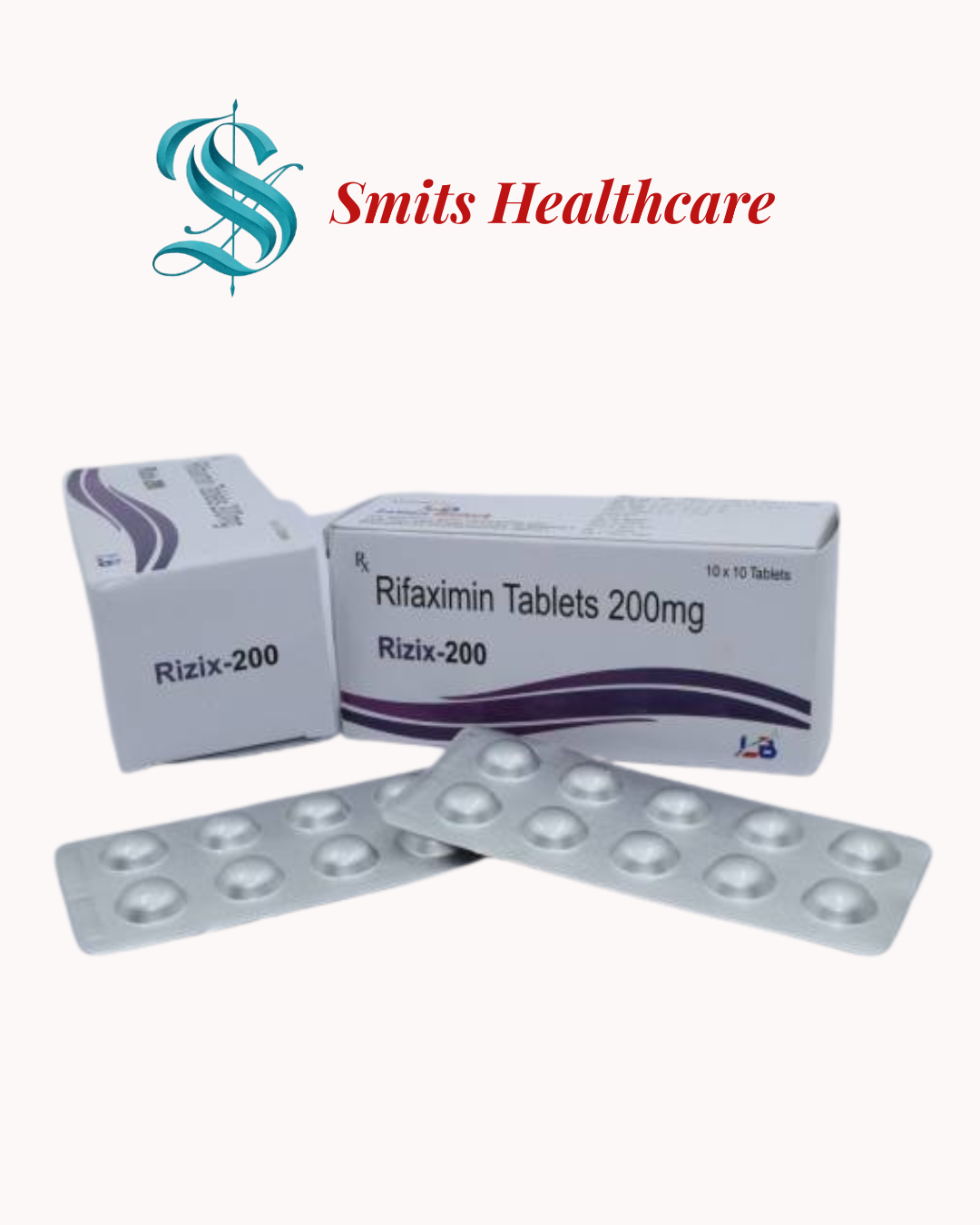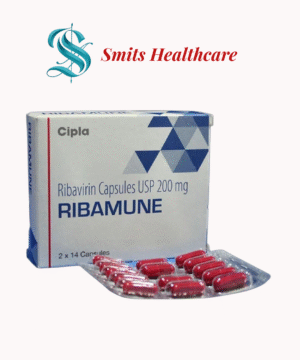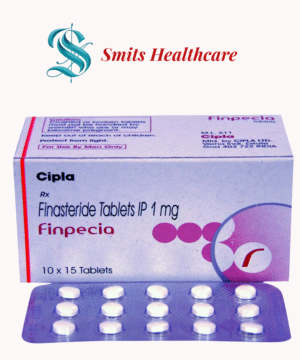Rizix is a brand-name oral antibiotic whose active ingredient is rifaximin. It is poorly absorbed from the gut, so most of its action remains in the gastrointestinal tract. Because of this characteristic, it is used to treat certain intestinal bacterial problems as well as liver-related complications where gut bacteria play a part. It comes in tablet form (for example, 200 mg or 400 mg) and must be prescribed by a healthcare professional.
Mechanism of Action:
-
Rifaximin works by inhibiting bacterial RNA polymerase (the enzyme bacteria use to make RNA), thereby interfering with transcription in susceptible bacteria. This prevents growth and multiplication of those bacteria.
-
Because it is not readily absorbed into the bloodstream, its antibacterial effect is mostly localized to the gastrointestinal tract.
Uses:
Some key indications for Rizix (rifaximin) include:-
Treatment of infectious diarrhea (especially caused by certain bacterial species) in adults.
-
Management and prevention of hepatic encephalopathy (a condition where the liver fails to filter toxins, leading to changes in brain function) by reducing ammonia-producing bacteria in the gut.
-
Treatment of Irritable Bowel Syndrome with diarrhea (IBS-D) to reduce symptoms like diarrhea, some bloating and abdominal discomfort.
Adverse Effects (side effects):
Rizix is generally well tolerated, but some side effects are possible. They may include:-
Common / mild effects: nausea, stomach pain, vomiting, headache, fatigue.
-
Others: dizziness, gas (flatulence), possible reddish discoloration of urine which is harmless.
-
Less common / more serious effects: allergic reactions in people who are allergic to rifamycins; worsening of infection if diarrhoea becomes bloody or fever occurs; possible imbalance of gut flora or overgrowth of resistant bacteria.
-
-





